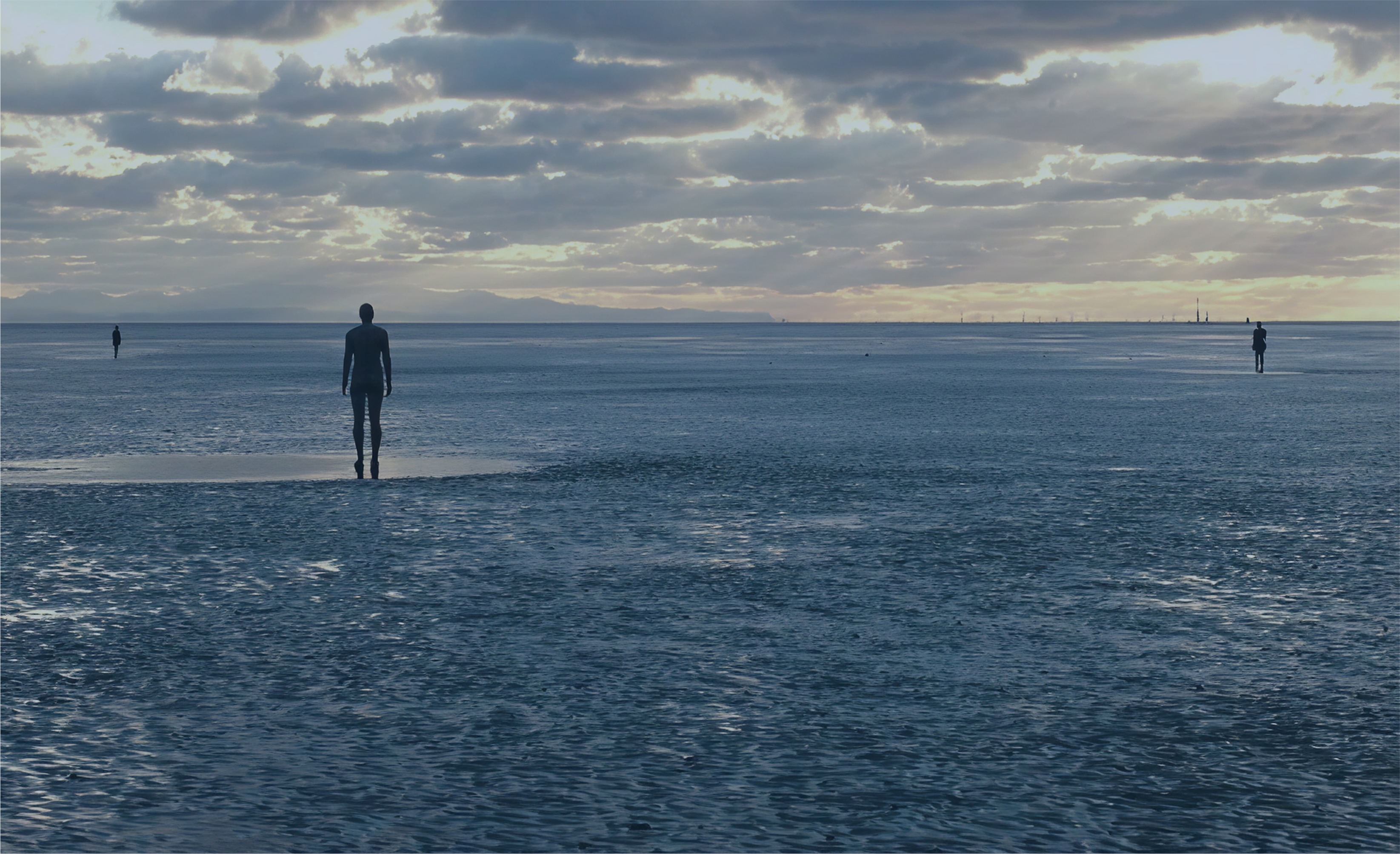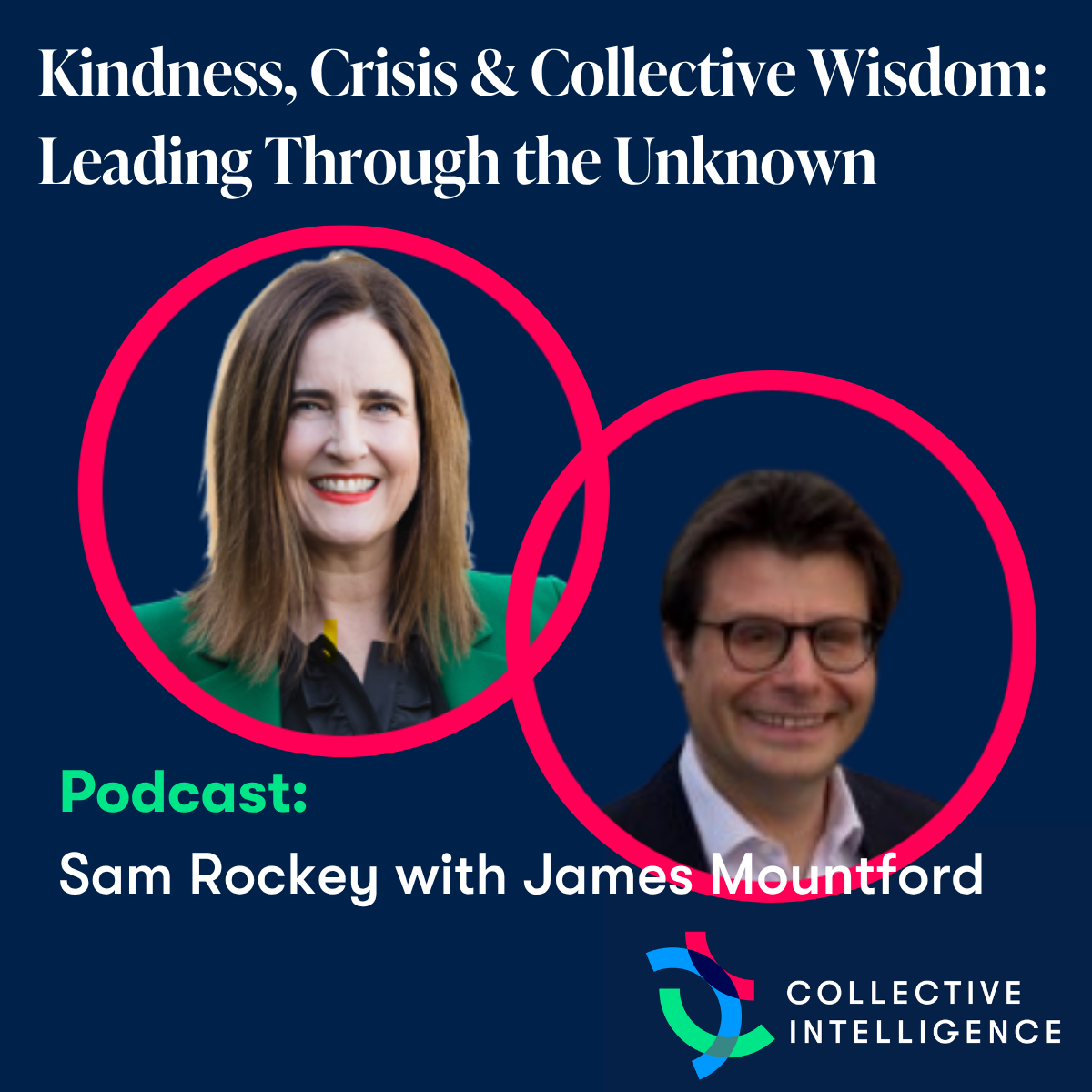
The moment when, after many years
of hard work and a long voyage
you stand in the centre of your room,
house, half-acre, square mile, island, country,
knowing at last how you got there,
and say, I own this,
is the same moment when the trees unloose
their soft arms around you,
the birds take back their language,
the cliffs fissure and collapse,
the air moves back from you like a wave
and you can’t breathe.
No, they whisper. You own nothing.
You were a visitor, time after time
climbing the hill, planting the flag, proclaiming.
We never belonged to you.
You never found us.
It was always the other way around.
Theme
This month’s theme is nature: how we live in it, respond to it, and understand it. It’s important to get out into nature, the fresh air and physically wide-open spaces provide, also, some breathing-room for the mind. It’s easy, particularly when working in the city, for your horizons to become narrowed, so this month we encourage a change of environment, and a change of mind.
Who?
Our words on nature come to us from the writer Margaret Atwood (1939-). She’s perhaps better-known as a novelist—she’s published 18 novels, including Oryx and Crake and The Handmaid’s Tale, the latter of which was made into a hit TV show. However, she’s also written 18 collections of poetry, and she retains, across her various forms of writing, a sharp sense of wit and moral responsibility: she wonders, persistently, about mankind’s place in the world, and how we can be better.
What?
Have another read of the poem above. The first stanza describes a moment of satisfaction with what you might have achieved in life (after all that ‘hard work and a long voyage’), but the second and third stanzas turn this on its head, and, instead, it becomes a poem about letting go of what can’t belong to you and giving a voice back to the things we, as humans, tend to overlook, like the rustle of leaves, birdsong, the crumbling cliff: ‘No, they whisper. You own nothing.’
The poem teaches us to take time in moments of realization like this, rather than fearing them: note how the first two stanzas unfold as a single, long sentence, using enjambment – that’s the technical term for when one line continues into the next without stopping – to allow the thought to change shape.
What Else?
Poetry has always been interested in our relationship with nature: just think of William Wordsworth or William Shakespeare. Atwood shows us that this is still a pressing concern, and poems can provide excellent lessons in simply listening to the natural world, rather than wishing to control it.
To get a better sense of what the poem means (or means to you), try reading it outside somewhere, like a park or a garden, and see how the many voices of your environment can live with and in-between Atwood’s words.
Leadership is frequently about knowing about what you can and can’t control, and that we must work symbiotically with our environment if we want to succeed.


















.jpg)




.png)













.png)



























































.png)







